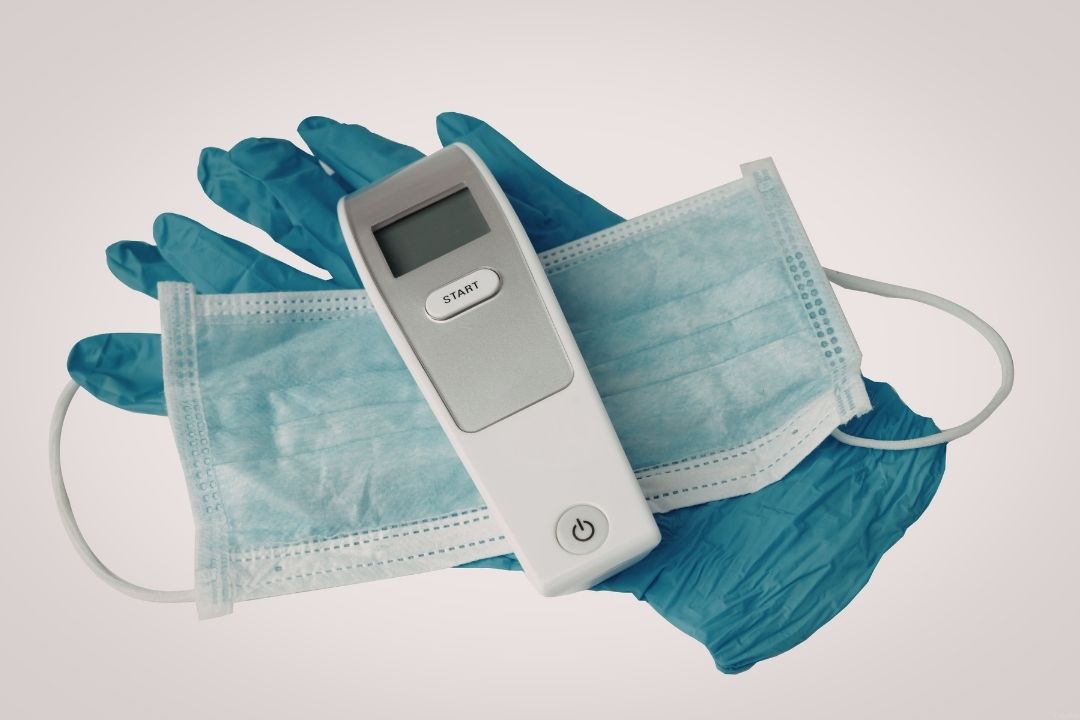
Emergency Room Nurses, often referred to as ER Nurses, play a vital role in the healthcare system. They are the first line of defense when patients arrive at the hospital seeking immediate medical attention. ER Nurses must possess a unique set of skills, knowledge, and abilities to provide rapid and effective care to patients in critical conditions.
In this blog post, we will explore the path to becoming an Emergency Room Nurse, the benefits of pursuing this career, and the various job opportunities available in this field.
Becoming an Emergency Room nurse
Educational requirements
To become an ER Nurse, you need to start by earning a nursing degree. There are three primary educational pathways to choose from:
- Associate Degree in Nursing (ADN): This is a two-year program offered by community colleges and some technical schools. It provides a basic foundation in nursing and allows you to become a Registered Nurse (RN).
- Bachelor of Science in Nursing (BSN): A BSN program typically takes four years to complete and is offered by universities and colleges. It provides a more comprehensive education in nursing and offers better career prospects.
- Accelerated Nursing Programs: If you already have a non-nursing bachelor's degree, you can pursue an accelerated BSN program, which takes around 12-18 months.
Licensure
After completing your nursing education, you must pass the National Council Licensure Examination for Registered Nurses (NCLEX-RN) to become a licensed RN. This is a standardized exam that tests your knowledge and competency as a nurse.
Gaining experience
Before specializing in the emergency room, it's essential to gain some experience as a general RN. Most hospitals prefer ER Nurses to have a few years of experience in general nursing to ensure they have a strong foundation in patient care.
Obtaining certification
While not always mandatory, obtaining certification in emergency nursing can enhance your career prospects. Organizations like the Board of Certification for Emergency Nursing (BCEN) offer certifications such as Certified Emergency Nurse (CEN) and Certified Pediatric Emergency Nurse (CPEN).
Pursue a Master's Degree (optional)
For those looking to advance their careers further, pursuing a Master of Science in Nursing (MSN) with a focus on emergency nursing can open up leadership roles and specialized positions within the ER.
Benefits of ER nursing
Fast-paced environment
One of the most appealing aspects of working as an ER Nurse is the fast-paced and dynamic environment. ER Nurses thrive in high-pressure situations and are prepared to handle a wide range of medical emergencies, making every day unique and challenging.
Job stability
The demand for healthcare professionals, including ER Nurses, remains consistently high. Emergency room services are essential, and ER Nurses are in constant demand across the healthcare industry.
Competitive compensation
ER Nurses often earn higher salaries compared to their counterparts in other nursing specialties due to the critical nature of their work and the additional training and certifications they may hold.
Variety of cases
ER Nurses get exposure to a wide variety of medical cases, from minor injuries and illnesses to life-threatening emergencies. This diversity keeps the job interesting and allows nurses to continually expand their skills and knowledge.
Collaboration
ER Nurses work closely with a multidisciplinary team of healthcare professionals, including doctors, paramedics, and radiology technicians. This collaborative environment fosters teamwork and professional growth.
Personal satisfaction
Saving lives and providing immediate care to patients in distress can be incredibly rewarding. ER Nurses often form deep connections with their patients and their families, knowing that their work makes a significant difference in people's lives.
ER Nurse Jobs
Emergency Room Nurses can find job opportunities in various healthcare settings, including:
- Hospitals: Hospitals are the most common employers of ER Nurses. They work in Level I Trauma Centers, community hospitals, and specialty hospitals, providing care to a wide range of patients.
- Urgent Care Centers: Urgent care centers are another setting where ER Nurses may work. While the cases may be less critical than those in a hospital ER, urgent care centers still require nurses to handle a variety of medical conditions efficiently.
- Trauma Centers: Level I Trauma Centers deal with the most severe injuries and emergencies, making them ideal for nurses seeking high-intensity work. These centers often have specialized teams dedicated to trauma care.
- Stand-Alone Emergency Departments: Some healthcare facilities have stand-alone emergency departments that offer emergency services without being part of a full-scale hospital. ER Nurses are essential in these settings to provide immediate care to patients.
- Flight Nursing: Flight nurses work in air ambulance services and are responsible for transporting critically ill patients from accident scenes to hospitals or between healthcare facilities. This role combines nursing skills with the excitement of aviation.
- Cruise Ship Nursing: For those seeking adventure and the opportunity to travel, some cruise ships employ ER Nurses to provide medical care to passengers and crew during voyages.
- CareRev: CareRev has many ER Nurse Jobs listed in the platform that allows nurses to pick up shifts when and where they want - allowing the ultimate flexibility. Start finding shifts today
Becoming an Emergency Room Nurse requires dedication, education, and a passion for delivering exceptional patient care in high-stress situations. With the right education, training, and experience, you can embark on a rewarding career that offers job stability, competitive compensation, and the chance to make a real difference in the lives of those in need.
Whether you choose to work in a hospital, urgent care center, or another healthcare setting, the path to becoming an ER Nurse is a fulfilling journey that can lead to a long and successful career.
Want to learn about other in-demand healthcare professions? Explore more professions with shifts offered through the CareRev App.





